Postnatal Care
Broadly, the major elements of postnatal care include:
- Counseling and health education on recognition of danger signs and appropriate care-seeking (for both mother and newborn)
- Counseling and health education on routine care practices such as exclusive breastfeeding and good thermal care practices.
The postpartum period begins after the delivery of your baby and ends when your body has nearly returned to its pre-pregnant state. This period often lasts 6 to 8 weeks. You need to take good care of yourself to rebuild your strength. You will need plenty of rest, good nutrition, and help during the first few weeks

Post delivery care & tips
Indian Foods for New Moms
- Moringa Leaves. Moringa leaves are highly recommended to mothers, right after delivery.
- Whole Sprouted Grains.
- Almonds.
- Bottle Gourd.
- Garlic
- Fenugreek Seeds.
- Cumin Seeds.
- Sesame Seeds
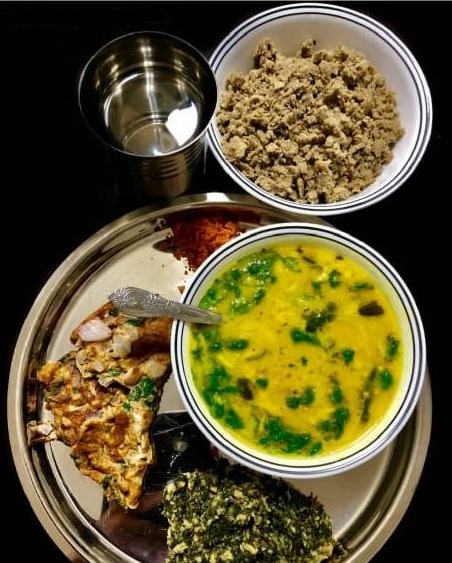
Episiotomy /Cesarean Scar care :
An episiotomy is a surgical incision made in the area between the vagina and anus (perineum). It is used to enlarge the vaginal opening before delivery. After the baby is delivered, stitches are used to close the incision as well as repair any tears.
Dissolvable sutures (also called absorbable sutures) are typically used for an episiotomy.2 You don't have to have them removed by a doctor; the stitches will break down on their own within 2 to 4 weeks.
Here are some other useful tips for keeping the area clean:
- Always wipe front to back.
- If you have them, use baby wipes instead of toilet paper to reduce irritation from friction.
- Use an antibacterial sanitizer on your hands before cleaning the perineal area (this helps prevent you from infecting the wound with your hand).
- Change your pad every two to four hours.
- Buy a shallow mini-tub called a sitz bath which fits over the toilet seat and allows you to soak the stitches for cleansing and pain relief. Just remember that warm water soaks are not to be started until at least 24 hours after giving.
Incision Care :
After delivering your baby by C-section, your doctor will tell you how to care for your incision.
This care should include:
Do:
- Keeping the area dry and clean.
- Use warm, soapy water to wash your incision daily (usually when you shower). Pat the area dry after cleaning.
If your doctor used tape strips on your incision, let them fall off on their own. This usually takes about a week.
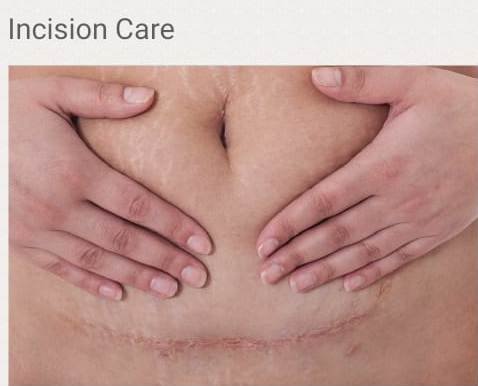
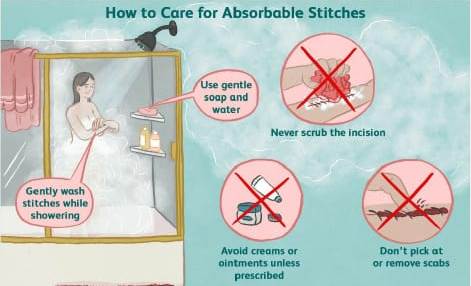
Breastfeeding
Breastfeeding may be the most natural thing there is, but it can take a lot of work before it seems that way. Sometimes it can just take a bit of trial and error before you have found the right mix of solutions.
Optimal breastfeeding practices include exclusive breastfeeding (breast milk with no other foods or liquids) for the first six months of life, followed by breast milk and complementary foods (solid or semi-solid foods) from about six months of age on, and continued breastfeeding for up to at least two years of age at beyond, while receiving appropriate complementary foods.
Here are the most common obstacles to breastfeeding:
- Breast engorgement.
- Poor breastfeeding latch.
- Mouth problems.
- Poor milk supply.
- Flat or inverted nipples.
- Sore or burning nipples.
- Nipple confusion.
- Plugged milk duct
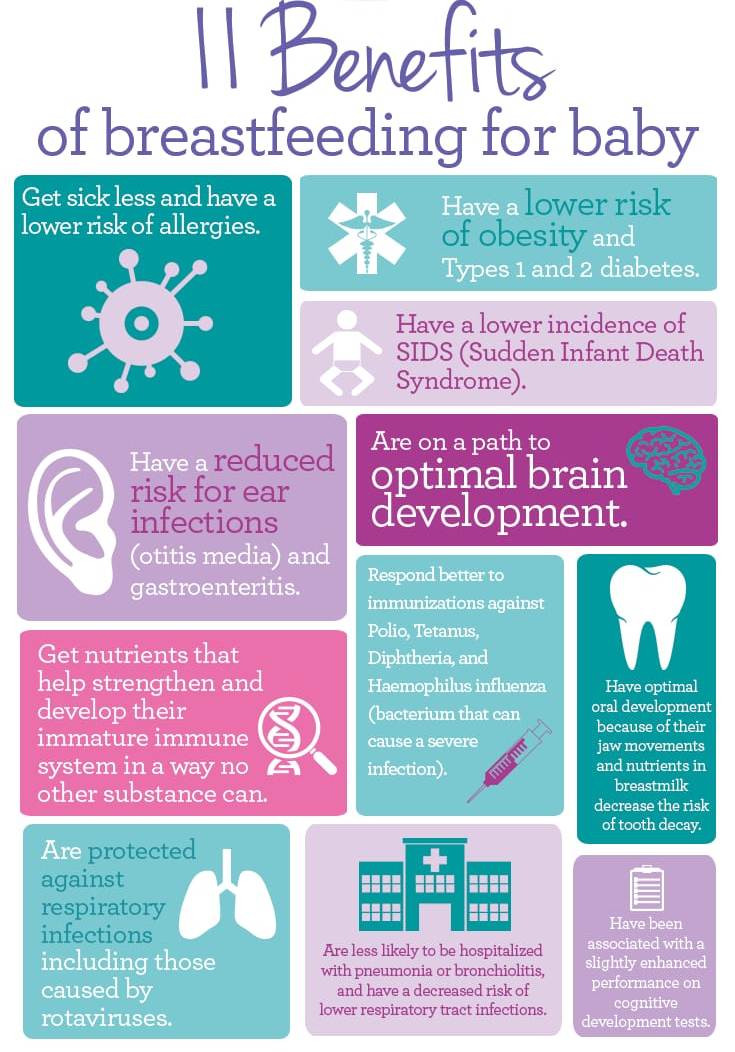
Artificial feeding:
Although breast milk is the ideal food for babies during the first 6 months of life, sometimes breastfeeding is not possible, in these cases, there are modified formulas adapted to the needs of infants: starter milk (suitable from birth to 6 months) and then follow-on milk (6 to 12 months).
Primary lactation failure, a cause of low milk supply in breastfeeding mothers. Cessation of breastfeeding before the mother had planned to stop, usually as a result of breastfeeding difficulties. Low milk supply in general.
( Now a days Lactation consultant visit the patient immediately post delivery and on daily basis to teach proper technique of breastfeeding .
They encourage realistic and helpful breastfeeding practices.
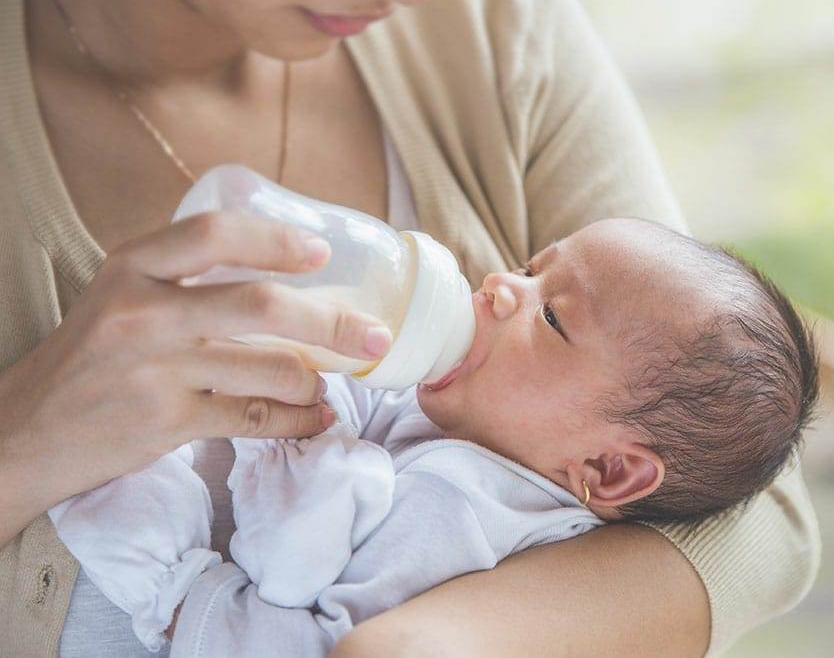
Postnatal care - Bottle Milk Feeding
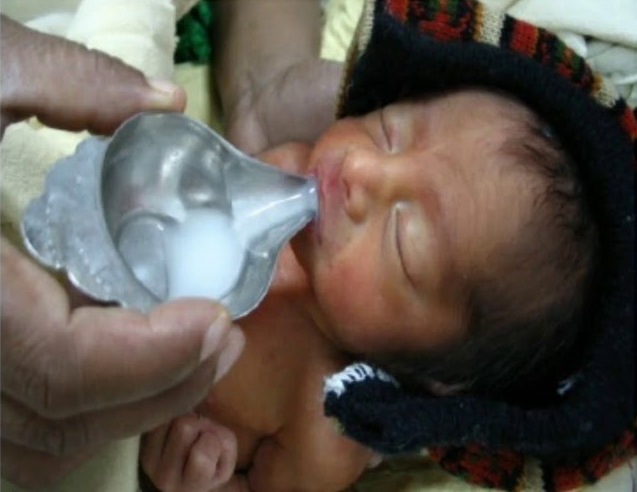
Postnatal care - Katori Spoon feeding
Postnatal exercises:
- Brisk walking.
- Swimming.
- Aqua aerobics.
- Yoga.
- Pilates.
- Low impact aerobic wor
OPD Timings
Dr. Mandar R Gadgil
| Mon – Fri | - | 4:30 PM - 7:30 PM w.e.f. 27th August 2022 |
| Saturday | - | 10:00 AM - 11:30 AM |
OPD Timings
Dr. Maithilee Gadgil
| MON – SAT | - | 10:00 AM - 12:30 PM |
| MON – FRI | - | 4:30 PM - 07:00 PM w.e.f. 27th August 2022 |
Any Question Or Query
Feel free to ask for your any Question or Query /
Book An Appointment
Appointment
To book appointment call us on

